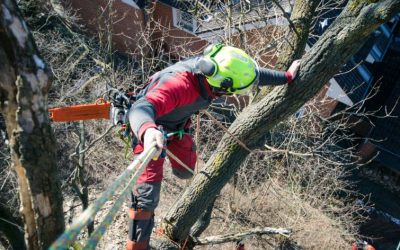The cannabis sector in Long Beach, California, has seen tremendous expansion over recent years, altering the landscape of regulated cannabis sales and giving several job possibilities. As Long Beach’s dispensary scene has grown, there has been an increase in attention and inquiries concerning operational standards, community effects, and economic benefits. While cannabis dispensaries in Long Beach have become more popular, knowing their business strategies, legal compliance, and impact on the local economy is critical for gaining a comprehensive perspective on this rapidly expanding market.
Dispensary Structure and Regulations
The state and local governments have created a highly regulated framework within which Long Beach dispensaries operate. The city has enacted certain zoning restrictions and licensing procedures that each dispensary must follow before opening its doors. These regulations address a wide range of issues, including product quality and labeling, as well as safety precautions on dispensary premises. Every dispensary must get a California Bureau of Cannabis Control license as well as a City of Long Beach license. Product safety is another key component of cannabis rules. Dispensaries must verify that each product undergoes third-party lab testing to validate purity and efficacy. These tests are crucial for ensuring that products are free of dangerous compounds and provide clients with a safe experience. Dispensaries also adhere to age verification processes and limit sales to persons above the age of 21, supporting safe cannabis use.
Economic Contributions of Dispensaries
The existence of dispensaries has greatly benefited the local economy, providing new jobs and producing significant tax income. Cannabis stores have created a diverse range of job prospects, including retail, marketing, compliance, and logistics. This industry has emerged as a key economic engine, not just by producing jobs but also by allowing local businesses to support dispensary operations with services, including security, technology, and professional advising. Dispensaries in Long Beach also contribute to the city’s revenue base by paying sales taxes and specific cannabis company taxes. These tax earnings are frequently used to fund public projects that benefit the community, such as infrastructure improvements and social services. For citizens, the economic benefit of dispensaries translates into higher investment in the city’s growth and more financing for community programs. As more dispensaries open in Long Beach, their economic influence will undoubtedly grow, fostering growth in neighboring industries and improving the city’s financial stability.
Social Responsibility and Community Engagement by Dispensaries
Aside from economic contributions, dispensaries are increasingly prioritizing social responsibility and community engagement. Many shops take proactive initiatives to educate the public on responsible cannabis usage, safety, and adherence to local laws. This involves providing educational materials, organizing community outreach activities, and raising awareness about the legal implications of cannabis consumption in California. Such programs promote a well-informed community and aim to normalize responsible cannabis use throughout the city. Dispensaries also try to give back to their community through charitable donations and partnerships. Some dispensaries work with non-profit groups to promote causes ranging from youth activities to environmental sustainability efforts.





